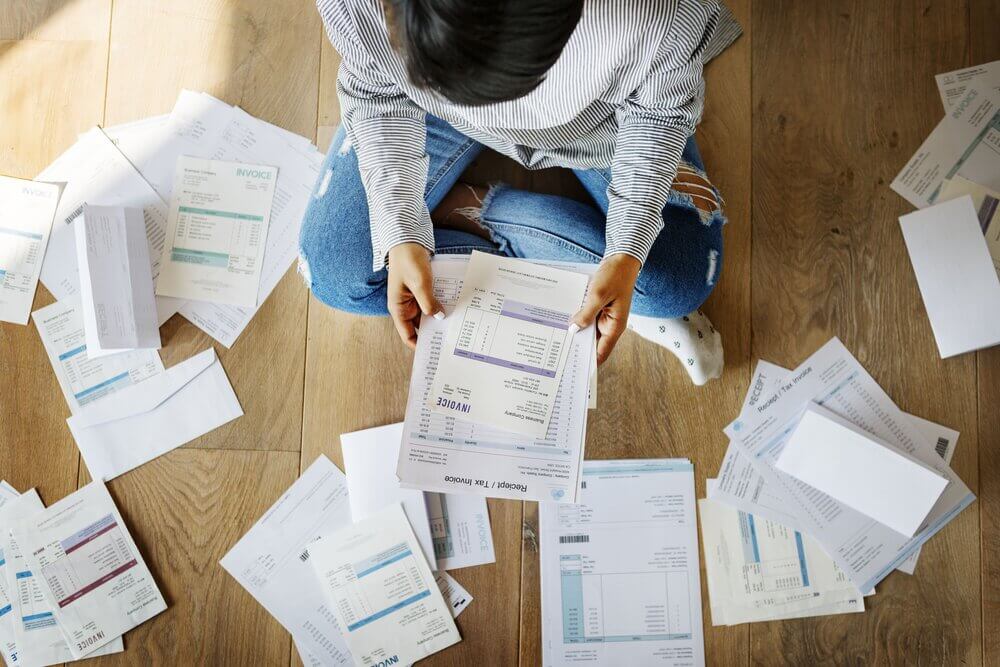Debt to Income ratios (DTI) are back in the news with the announcement that the government has given the power to the Reserve Bank to use them as a financial lever in their efforts to control the property market.
Firstly, a disclaimer: anything that restrains New Zealanders ability to buy inevitably raises some angry responses.
It is important to point out at this point that the numbers below aren’t meant to be a forecast, just an example of how to calculate Debt to Income ratios.
The feedback from the RBNZ has been that, at the moment, there is no intention to use DTI ratios as the Loans to Value Ratios seem to have had some effect already.
Debt to Income Ratios are relatively easy to calculate. If the government announces a maximum of, for example, 7 then a couple earning $100,000 would be able to borrow a maximum of $700,000.
An alternative way to calculate DTIs is as a percentage of your income. In other words, the Reserve Bank may say that debt payments cannot exceed, for example, 30% of your income. It is more likely that the rule will be the former – i.e., a multiple of total income.
How is income calculated for mortgages on rental baches?
What may not be immediately obvious is how income from holiday rental baches are calculated if Debt to Income ratios are implemented.
Currently, banks can calculate the income several ways, but the most common method seems to be to take the annual average of the last two years’ income on the bach.
In this way, they treat the property as a company. Two years of income is enough to show the bank how the property performs over various seasonal fluctuations.
A typical calculation may look like this:
The property returns on average $60,000 annually over the past two years
The bank scales that by 65% to account for expenses such as repairs, rates and interest on the mortgage meaning the total useable income for this property might be $39,000.
The useable income for applying for a mortgage is therefore $39,000. If the Debt to Income ratio is 7 then this income allows the ability to borrow $273,000.
How can I maximise the income on my rental bach?
Anyone renting a holiday bach out a significant amount is likely receiving a set of financials from an accountant. It is worth telling your accountant that you intend to purchase more property in the future and asking whether they can maximise the profit the bach is making.
This, obviously, will mean more tax for a couple of years but may mean you can borrow more money once you apply for finance in the future.
In the example above, the bank calculates the default income as $39,000 but you may be able to show in your financials that the property has a profit of $45,000. This would give you an additional $6,000 of income meaning an additional $31,500 of borrowing capability.
You may also like to consider whether some improvements on your bach will allow for a higher rental. Anything that increases your total rental income will affect your ability to borrow in the future.
Should I be worried about Debt to Income ratios?
The short answer is no, not right now. The announcement by the government was simply that the Reserve Bank now has the power to implement these restrictions on the banks.
Even if these restrictions are put in place, existing mortgages will not be subject to the rules – you are not going to suddenly need to pay $200,000 because you do not meet the criteria.
But if you are looking to purchase more property in the next couple of years, you will want to start maximising your income now. Make a plan with Bachcare and your mortgage adviser on how best to achieve this.
This article was produced by The Mortgage Lab and is not intended as personalised financial advice. To discuss your particular situation, talk to your local adviser.
